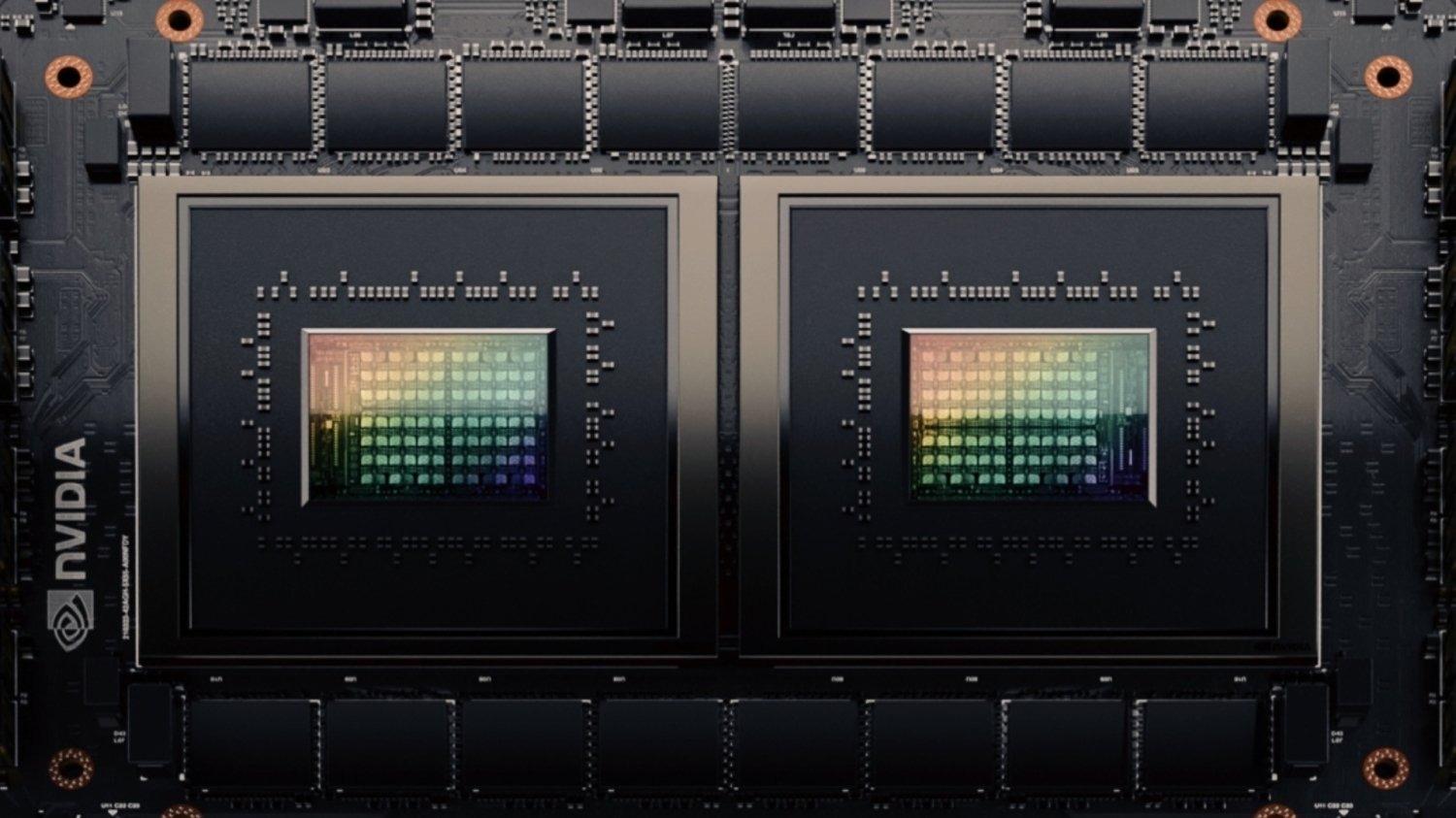Nvidia plans to introduce new artificial intelligence chips, the HGX H20, L20 PCIe, and L2 PCIe, targeted at the Chinese market. This move comes shortly after the tightening of U.S. regulations on selling high-end AI chips to China. The chips are designed to incorporate most of Nvidia's latest AI features, although their computing power has been scaled back to comply with the new U.S. rules, as reported by the chip industry newsletter SemiAnalysis.

The announcement of these chips is expected to happen no earlier than November 16. While these new chips align with the U.S. regulations on computing power, there is speculation that one of the chips may fall into a "grey zone," requiring a license for shipping to China. This has led to concerns about Nvidia's efforts to navigate around U.S. restrictions, potentially prompting further government actions.
Following the export restrictions announced by the U.S. last month, Nvidia mentioned that the A800 and H800, modified AI chips created for the Chinese market, would be affected. The new rules impose limitations on the computing power that chips can possess and introduce a "grey zone" where chips may still be allowed to ship to China with licensing requirements.
The impact of these restrictions is significant, as Nvidia derives approximately a quarter of its data center chip revenue from China. Additionally, one of their top gaming chips, the RTX 4090, is also affected. It is noteworthy that these restrictions took immediate effect in response to accelerated deadlines set by U.S. regulators.
While Nvidia has held a dominant position in China's $7 billion AI chip market, analysts predict that the U.S. restrictions will open up opportunities for domestic companies such as Huawei Technologies, which has reportedly received a substantial order for AI chips from Chinese internet giant Baidu. The order was placed before the U.S. restrictions were announced, indicating strategic planning for a future where purchasing from Nvidia may no longer be feasible.







